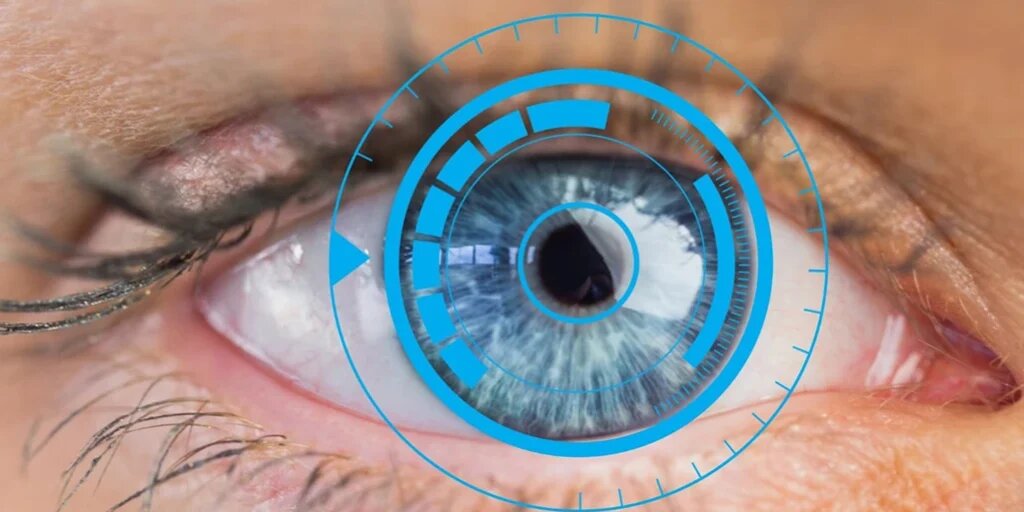Lasik treatment has revolutionized the world of vision correction. For countless individuals, it offers freedom from glasses and contact lenses. But behind every successful Lasik procedure lies a careful evaluation of the entire eye—especially the retina.
- The retina is the foundation of your vision.
- While Lasik reshapes the cornea, a healthy retina ensures visual signals reach the brain.
- Any overlooked retinal condition could impact the long-term success of Lasik treatment.
- A retina specialist brings deeper insight into your eye health.
- These experts are trained to detect even the most subtle signs of retinal disease.
- Their role is crucial when evaluating whether a patient is a safe candidate for Lasik.
- Undiagnosed retinal conditions can complicate recovery.
- Conditions like lattice degeneration, small retinal tears, or diabetic changes may go unnoticed.
- Including a retina specialist in the team ensures such risks are identified and managed early.
- Retina screening protects against post-Lasik complications.
- Without proper screening, some patients might develop vision problems after surgery.
- With the retina closely monitored, complications like retinal detachment can be prevented.
- Advanced diagnostics lead to personalized Lasik care.
- Retina specialists use imaging tools like OCT and fundus photography to guide decision-making.
- These tools help create a Lasik plan that is both safe and tailored to individual eye structure.
- Diabetic and high myopia patients need retina-focused care.
- People with these conditions have a higher risk of retinal issues.
- A retina specialist’s evaluation adds a layer of protection and confidence before Lasik.
- Collaboration between cornea and retina teams enhances safety.
- A successful Lasik treatment is often the result of teamwork.
- Retina and cornea specialists working together improve patient outcomes through shared expertise.
- A retina specialist can recommend alternatives when needed.
- Not every patient is a perfect candidate for Lasik treatment.
- In such cases, the retina specialist can help guide the patient toward other safer options.
- Their presence adds trust and transparency to the process.
- Patients feel more secure knowing their eyes are being evaluated comprehensively.
- Retina specialists bring reassurance through thorough screening and expert recommendations.
- Age-related retinal conditions are often silent.
- As people age, subtle retinal issues may begin to appear without noticeable symptoms.
- A retina expert can detect early signs that may otherwise go unnoticed before Lasik.
- Long-term vision preservation starts with retinal care.
- Lasik is not just about clear sight—it’s about maintaining vision over the years.
- Including a retina specialist ensures that retinal health remains a priority before and after surgery.
- Even in young adults, retinal evaluation is essential.
- Young, healthy eyes can still harbor minor retinal concerns that may affect Lasik results.
- Early detection means proactive care and improved surgical precision.
- A thorough retina exam minimizes surgical surprises.
- The retina specialist’s role is to prevent unexpected complications.
- This step adds confidence for both the surgical team and the patient.
- Centers that integrate retinal evaluation show higher success rates.
- Studies show that patient satisfaction improves when comprehensive care is offered.
- A retina-inclusive approach often means fewer follow-ups and long-term complications.
- Vision is more than 20/20—it’s retinal wellness.
- Clear corneal vision is incomplete without a healthy retina supporting it.
- Retina specialists help ensure patients enjoy both clarity and stability post-Lasik.
- Retina checks reduce risk in high-performance professions.
- For pilots, athletes, or surgeons, every visual detail matters.
- These professionals benefit from retina-inclusive Lasik planning for maximum safety.
- Tailored follow-up care begins with pre-Lasik retina insights.
- Knowing a patient’s retinal baseline helps monitor healing and detect changes early.
- Retina specialists can recommend customized aftercare for long-lasting results.
- Modern Lasik centers prioritize total eye wellness.
- It's not just about reshaping the cornea—it’s about protecting overall vision.
- Retina specialists bring the expertise to look deeper, ensuring a whole-eye approach.
- Retina experts contribute to continuous innovation.
- With their diagnostic and surgical experience, they support ongoing improvements in Lasik protocols.
- Their input helps shape safer, more effective treatment practices.
- Retina-focused Lasik care reflects a hospital’s commitment.
- When a Lasik center includes a retina specialist, it signals a focus on patient-centered safety.
- This commitment to comprehensive care reflects true medical excellence.
Conclusion:
When considering LASIK treatment, the journey shouldn’t stop at corneal evaluation. True safety and long-term success come from looking deeper—into the retina. A comprehensive Lasik center ensures that every aspect of your eye is examined, protected, and supported.
That’s why leading eye hospitals include retina specialists in their Lasik teams. It’s not an added luxury—it’s a medical necessity for delivering safe and effective outcomes. This level of care demonstrates a genuine commitment to your vision and well-being.
For those seeking excellence in eye care, Maxi Vision stands as a super speciality eye hospital with a full-spectrum approach. From retina expertise to advanced Lasik technology, your eyes are in capable, compassionate hands.





Comments